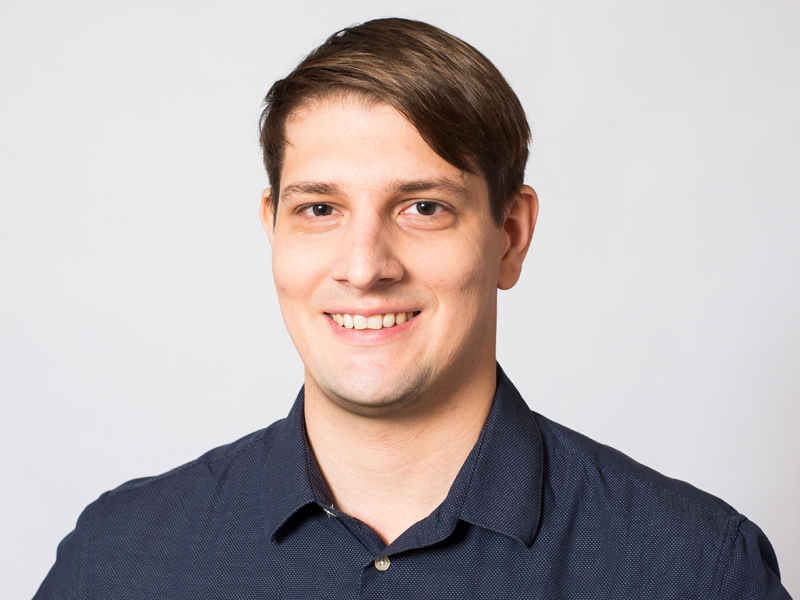Projektleiter:
PD Dr. Annegret Glitzky
/
Dr. Matthias Liero
Projekt Mitglieder:
Dr. Duy Hai Doan
Laufzeit: 01.06.2017 - 30.09.2019
Status:
beendet
Standort:
Weierstraß-Institut
Beschreibung
Organic materials lead to innovative electronic components with fine-tuned properties and promise more sustainable, eco-friendly electronic technologies. The potential for greater sustainability extends across the entire life cycle of organic electronics, beginning with the use of materials that are synthesized rather than mined from the earth, over low temperature production of devices, and ending with potentially biodegradable or recyclable devices.
The aim of the project is to develop a thermodynamically correct energy-drift-diffusion model for organic semiconductor devices and its discretization and implementation in a simulation tool.
First, the transport of charge carriers in the isothermal case will be described on the basis of a drift-diffusion model, taking the distinctive features of organic materials into account. Second, the model will be extended in a thermodynamically consistent way to include the self-heating and the resulting feedback as well. In both points, the aspects of modeling, analysis, numerics, and simulation are considered.
There are several mathematical challenges regarding a drift-diffusion description of organic devices: In organic semiconductors, the energy levels are Gaussian-distributed with disorder parameter σ such that the densities of electrons and holes are described by the Gauss-Fermi integrals. This leads to a generalized Einstein relation and results in a nonlinear diffusion enhancement in the relation between drift and diffusion current. Moreover, the mobility functions for organic semiconductor materials with Gaussian disorder are increasing with respect to temperature, carrier density, and electrical field strength.
The outcome of the project is a fundamental building block for a more efficient multi-scale and multi-physics description and simulation of organic devices.
http://www.wias-berlin.de/projects/ECMath-SE18/
